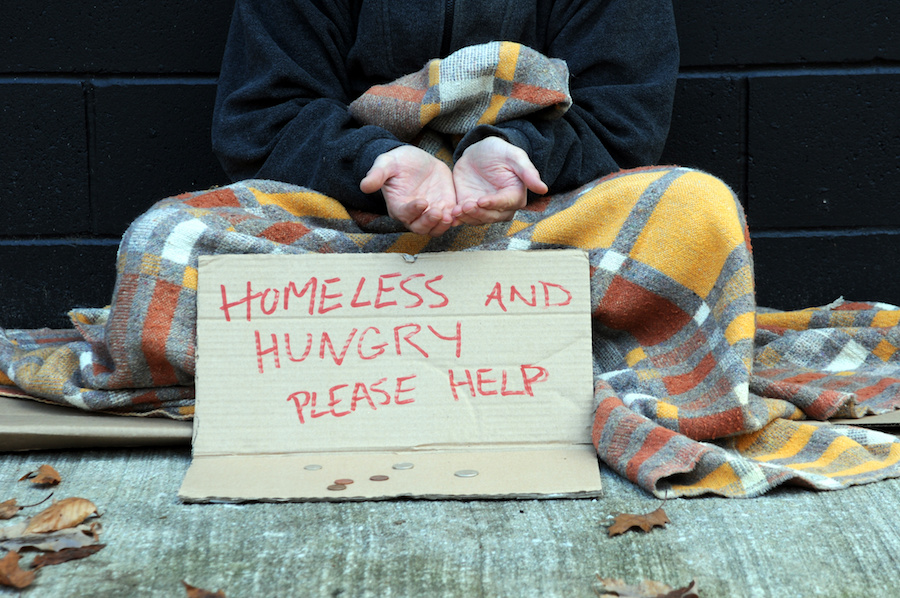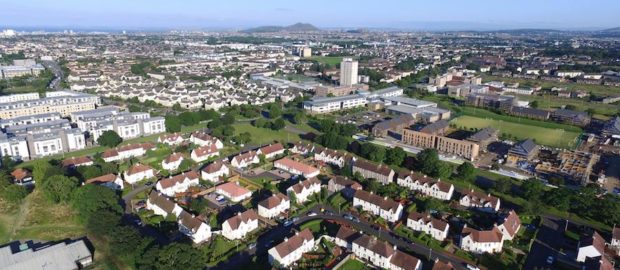More than 40 per cent of reviewed services and activities in the Capital run by Edinburgh City Council underperformed in 2019/2020, according to a new report.
The council’s annual performance review for the period April 2019 to March 2020 measures 84 services and activities against set targets and compares year-on-year progress and decline.
In the past year 41 per cent of reviewed council activities failed to meet set targets.
Underperforming areas include social care, recycling rates, family and household support and homelessness services.
A majority of council services recorded year-on-year improvements, with 49 service activities achieving stronger results than in 2018/2019.
However, in 27 areas performance on last year has declined.
One problematic area is council homelessness services, which only managed to hit two of its seven performance targets.

The average number of days the council takes to manage a homelessness case now exceeds one year – well over the local authority’s target of 340 days.
Meanwhile, as of late March this year bed & breakfasts were still being used by the council to temporarily accomodate homeless people, despite the local authority aiming to cease using this “unsuitable” form of housing.
Adult social care services also underperformed this past year, with five out of nine areas failing to hit “declining trend” targets.
The news comes as council health bosses last month approved more than £8 million of cuts to health and social care services.
In late March this year the average waiting time for a care management assessment was 43 days, up from 37 last year.
Meanwhile, more than 500 people in Edinburgh are waiting on social care assistance, up from 440 last year.
Only 80.4 per cent of people suffering from substance misuse received timely treatment in 2019/2020, a five per cent decline on last year and 10 per cent off the council’s yearly target.
One of the most significantly underperforming areas is council management of antisocial behaviour.
Also, despite aiming for 73 per cent of antisocial behaviour enquiries being closed within 30 calendar days, only 52 per cent of cases managed to do so, down from 58.7 per cent last year.
One area the council has been consistently performing well in is schools and education.
Targets were met or exceeded in areas including the percentage of all leavers achieving literacy and numeracy level five, and the percentage of all leavers from deprived areas achieving five or more awards at SCQF level five or higher.
However, the council failed to meet its school attendance targets, with eight per cent of primary pupils and 15 per cent of secondary pupils recording low attendance rates.
Commenting on the council’s performance this past year, Liberal Democrat Councillor Kevin Lang said: “Despite nauseating levels of self-congratulation from the SNP-Labour administration, the latest figures show the council is failing in a whole range of areas.

Recycling rates are going down and satisfaction with roads and pavements has been in decline. The list goes on and on.
“Rather than trying to pat themselves on the back, the administration should be apologising to residents in Edinburgh for such a poor performance in delivering basic council services.”
Council Leader Adam McVey said: “We’ve made a huge amount of progress over the last 12 months and the results of many of the changes we’ve introduced are clear to see.
“Thousands of new homes are being built, our road condition is getting better and educational attainment across our communities is improving. We’ve seen another significant drop in waste complaints and carbon emissions showing we can continue to improve our basic services while working towards our long term ambitions for Edinburgh.
“These figures show we’re recording better performance in many areas we know are important to residents.
“We’ll continue to work hard for our citizens and prioritise the issues that matter to them. We face a number of challenges which weren’t foreseen and our plans on how the city adapts to COVID will help us sustain progress, prioritise investment to drive down carbon emissions further and support those residents most in need.”











